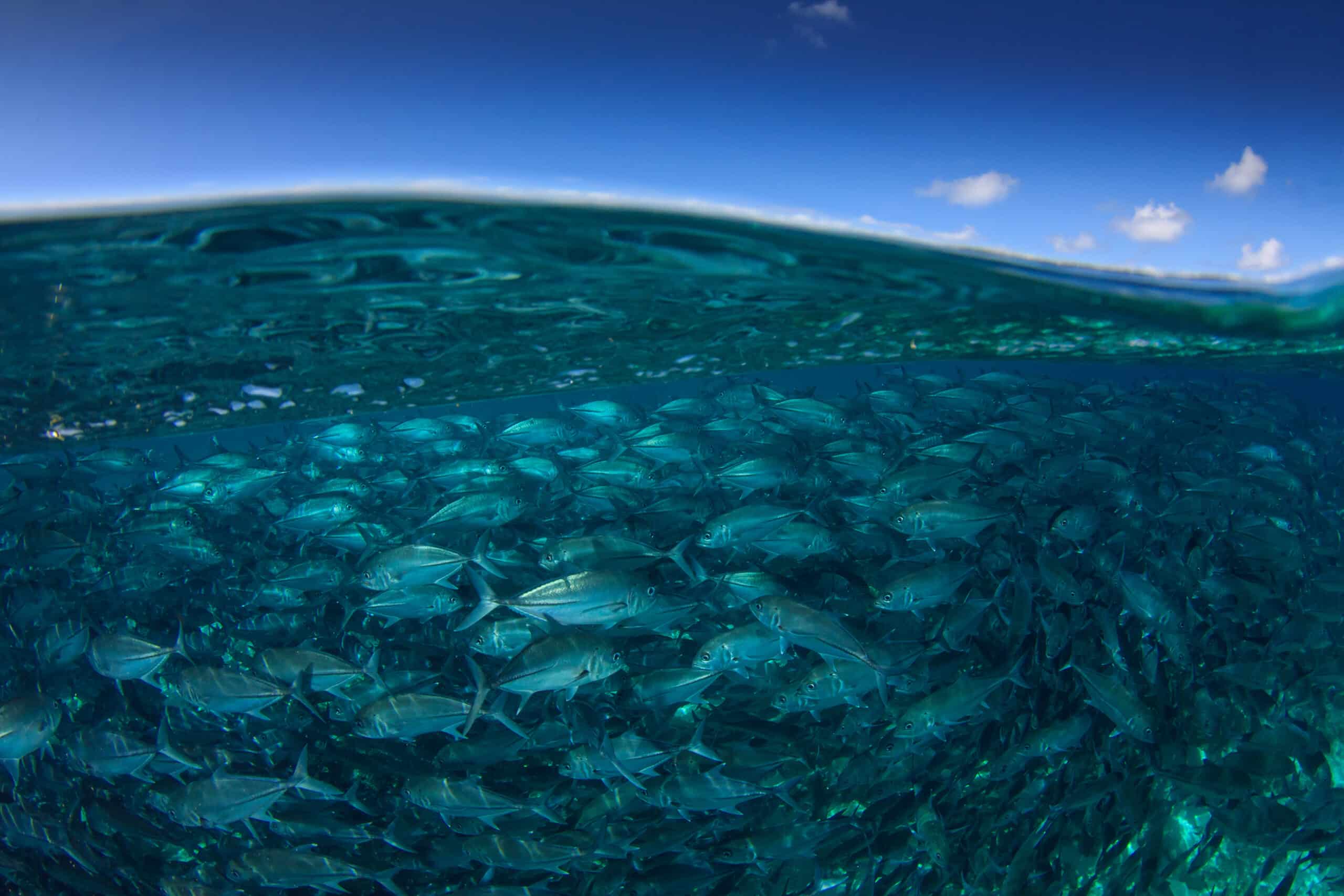Global Sports Week, a blog by Isaac Murray
From May 9-13, delegates from around the world gathered in Paris to take part in Global Sports Week. The conference provided a forum for athletes and sports professionals to discuss how the sporting ecosystem can look beyond the traditional issues of the sports industry and create lasting change and positive impact around global and local challenges.
We heard from The Toolbox Community Manager just what went on ….
It’s been a busy first week for me at 11th Hour Racing Team! I joined the team at the start of April to help support and manage the ever-growing Toolbox community. When Amy Munro, the Team’s Sustainability Officer asked if I wanted to join her in Paris, along with the IMOCA Class sustainability lead, Imogen Dinham-Price, for Global Sports Week, I jumped at the chance. Global Sports Week is an annual conference bringing together athletes and sport business professionals from all over the world to ‘address some of the major social challenges of our age’.
Amy and Imogen were due to give a presentation on ‘How teams and competitors can work collaboratively to embed sustainability’, sharing practical insights and best practices on how to compete in events with a sustainability-first mindset.
Speaking specifically around the development of the IMOCA Class’ Sustainability Charter, Imogen shared her experience in how she used The Toolbox, to support the development of their own charter from concept to delivery.
The Toolbox, founded by 11th Hour Racing Team (and available in both French and English!), is a collaborative tool that organizations from any industry can use to create and deliver a successful sustainability strategy that considers carbon and resource footprints, as well as social and environmental impact, across all operations.
Once their presentation was done, we had the opportunity to listen to other speakers on a variety of topics including athletes vs the industry, developing a high-performance sports model for the management and support of sports and events to produce the best athletes, womens vs mens sports models, as well as how to ensure sports are diverse and inclusive.
We presented under the Mega Events vs Sustainable Impact theme, where there were also some fantastic and inspiring keynote speeches and discussions from the likes of David Grevemberg, Chief of Innovation and Partnerships at the Centre for Sport and Human Rights, who spoke really engagingly about how sport must balance stakeholder and shareholder interests. It’s really clear that sport will need to follow the evolving trends of the corporate world, which non-governmental organisations have already practised for so long. Focusing on regenerative and effective environmental, social and governance compliance is essential to win not only support, but investment into brands and is key to success. As more standards on ethics and accountability mount, sailing, watersports and sport en masse will need to be ahead of the curve to create change with a mission that cascades beyond victory. After all it’s never about whether you win or lose, but how you play the game.
There was a fantastic presence from the world of football. Leaders of the African Cup of Nations spoke about creating lasting legacy, developing formal employment opportunities as well as repurposing stadia after the games. Fatma Al Nuaimi, Executive Communications Director for the Supreme Committee for Delivery and Legacy discussed how programs such as Generation Amazing, Challenge 22 and the establishment of the Josoor Institute were using the 2022 Qatar World Cup as a catalyst for social provision, reforestation and innovative regenerative building techniques.
Accompanying each presentation and ensuring that conference attendees heard a diverse voice from the future of sports, the Young Sports Makers contributed to the debate and brought their own unique perspectives. These young athletes, social entrepreneurs, and professionals carried the Gen-Z voice throughout the conference and created a balanced, though provocative discourse, allowing them to be part of the conversation in the professional world they’re entering.
Amidst all the ambitious changemaking conversations that were had, we were excited to get valuable input and feedback on ‘The Toolbox’ program. Energizing conversations with delegates from the world of rugby, clothing, event design, and sport management gave us a whole new perspective and we look forward to launching valuable interdisciplinary and intersectoral collaborations into the future.
To find out or more about The Toolbox and sign up for the program that helps you embed sustainability into your organization, head over to sustainabilitytoolbox.com




